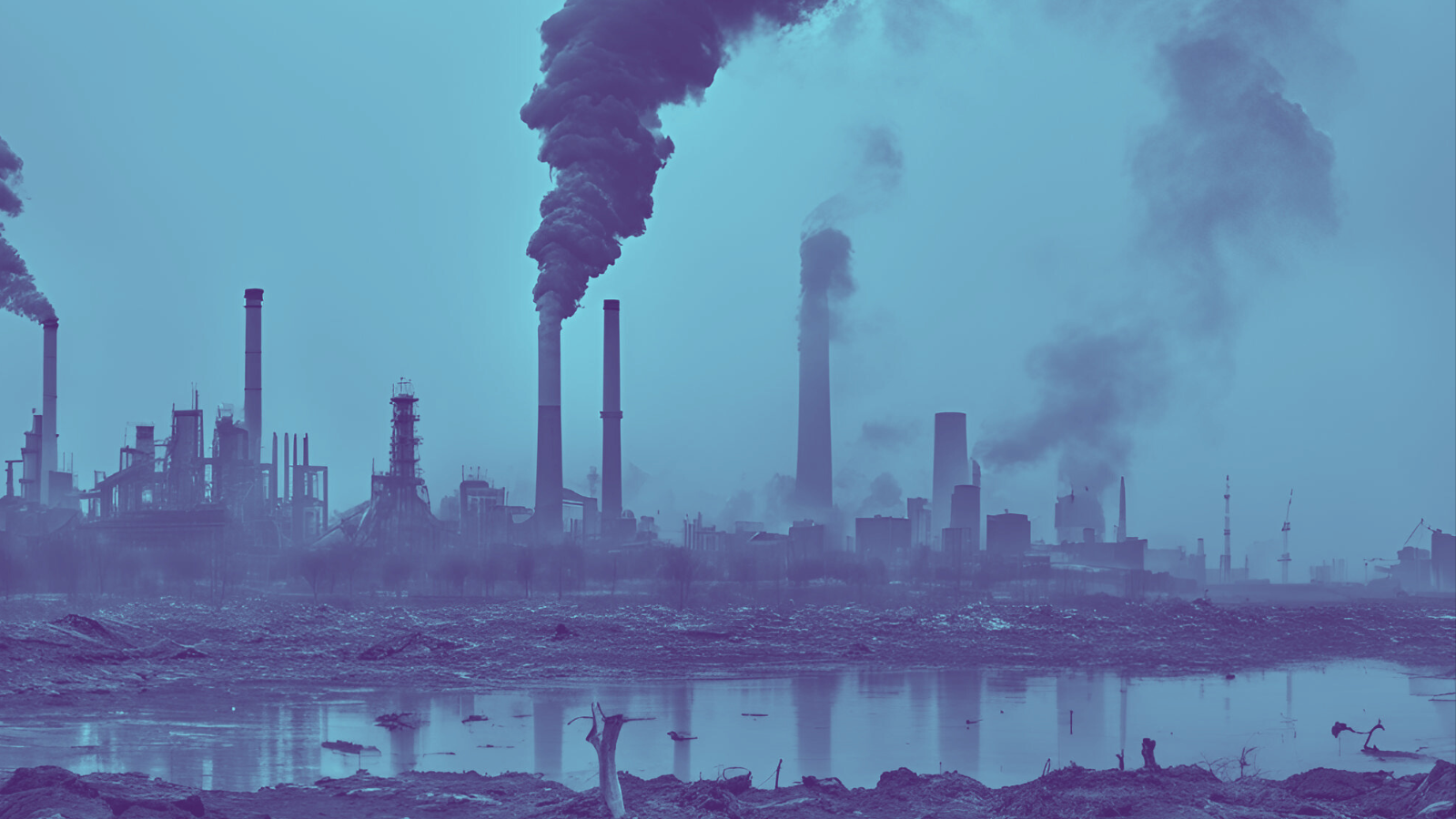
The Hub. Submit your story.
Public Health Liberation wants to hear your stories.
Scroll to bottom of page to submit
Public Health Liberation is dedicated to elevating public health to be aligned with everyday experiences with health. This includes creative expression, news aggregation, and storytelling. We believe that pathways for improved community health is deeply embedded in being receptive and responsive to diverse human expression, communication, and needs. Public Health Liberation deeply values the indispensable role and contribution of women as the gateway for achieving health equity.
We want to share your story on health and well-being. We accept all perspectives and creative forms. We just require that your work is original and publishable on our website. We can also link to sources that you find compelling and relevant. Email info@publichealthliberation.com

PHL Presidential Memo: End of Chevron Doctrine Opens Pathways on Environmental Racism
IMMEDIATE RELEASE:
July 8, 2024
MEDIA CONTACT: info@publichealthliberation.com
Christopher Williams, PhD, Founding President of Public Health Liberation, has released an executive memo that the US Supreme Court's decision overturning the Chevron deference doctrine opens pathways for environmental equity.
“Communities impacted by environmental racism have been hampered in their efforts for redress because of the US Supreme Court decision in 1984 establishing the Chevron doctrine. That decision compelled judges to defer to a government agency’s interpretation of its authorizing statutes and regulations. The end of that doctrine opens community pathways for the elimination of environmental classism and racism. Consistent with liberation strategies, communities can conduct legal research, seek legal assistance, and form environmental justice coalitions.
The impact of the ’84 Chevron decision has been clear. In my review of case law in the District of Columbia, the doctrine has been widely cited across a range of agency decisions. Holding in DOEE vs East Capitol (2013), for example, the DC Court of Appeals instructed the lower court that it “must give the same deference that this court gives to DOEE’s interpretation of its authorizing statutes and regulations.” That legal precedent gave license for DOEE – DC’s environmental regulatory agency – to engage in sustained, systemic environmental racism.
Until the 2024 decision, courts have been hamstrung to fully exercise their role in interpreting the law. Agencies were given immense latitude as long as the agency’s interpretation was “not plainly wrong or inconsistent with the legislative purpose,” (DOEE vs. East Capitol, 2013). This created a high bar that was, in effect, insurmountable for communities seeking to eliminate environmental racism. The Chevron doctrine has had a highly local impact.
The Chevron doctrine has been used to uphold fines and penalties for environmental violations. In this way, the doctrine has served the public interest. Its reversal may also have highly negative public health and regulatory consequences.
Environmental justice is garnering attention across the nation. In Washington, DC, for instance, a Council bill is seeking environmental justice. In his letter that expresses legislative intent, Councilmember McDuffie explained, “For decades, the District has concentrated facilities that produce air pollution, hazardous waste, water pollution, stormwater runoff, and urban heat island effects in low income and predominantly Black neighborhoods.” [1] The harm that McDuffie highlights is directly traced to DOEE discriminatory regulatory standards for which communities found little relief in a court of law due to the Chevron doctrine.
Affected communities such as PHL members’ communities of practice now see an opening with the end of the Chevron doctrine.”
Creative Arts.
“Maybe, we the project”
University professor and poetess PS Perkins reminds us about the humanity and lived experiences of families who live in public housing communities. She read her poem, “When a House is Not a Home” at the PHL National Webinar and Conversation on Liberation Philosophy, Systems Thinking, and Social Determinants of Health.
Documentary on Gentrification Captures Community Voices
Prior to starting Public Health Liberation,, Christopher Williams began an unfinished documentary to capture community voices in this gentrifying neighborhood of Washington, DC.
Submit to The Hub.
Please use the form below to submit. If you would rather include an attachment, please email phlhubsubmit@gmail.com.
Terms and Conditions: Upon submitting, you agree that you are the copyright holder or otherwise are legally entitled to submit for publication in The Hub and that you are truthfully representing your true or legal identity with the contact information that you include with your submission. You agree that the content is not published elsewhere. Once you submit to The Hub, we retain the ability to publish on our website and other promotional materials. You may request to remove content at any time.


